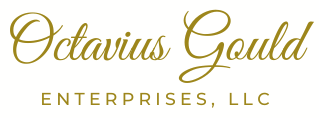While facilitating a seminar on business ethics, I highlighted my career at MCI Telecommunications which ended when WorldCom acquired MCI Telecommunication using unethical accounting practices. Like at Enron, WorldCom had chefs in the C-suite who were better at cooking the books than values-based leadership.
Even if you have a code of ethics written in your handbook, the culture of the organization can be a barrier to fulfilling that code. At Enron, a SVP pointed out the accounting misdeeds by only sending a memo to the company’s chairman. Similarly, auditors at Arthur Andersen noticed Eron’s unethical practices, but management pointed to the $100 million of revenue they were getting from Enron. Both companies were ruined, while employees and shareholders were left financially and emotionally shattered.
It’s easy to point to character flaws, but it’s often the circumstances that create ethical pressures.
🔘Unrealistic business objectives and deadlines.
🔘Ambitious career aspirations.
🔘Overzealous personal finance goals.
HR can stress ethics, but the key standard is whether leaders uphold those values. When leaders are shady it doesn’t matter how good the code of ethics sounds, employees will emulate unethical behavior, not the code.
Ethical organizations suffer less resentment, inefficiency, litigation, and EEOC interference. Ethical leaders build trust in organizations and set the moral tone for how employees manage relationships with colleagues, suppliers, and customers.
Therefore, I recommend that you make it clear to all employees that you expect them to conduct business in an ethical manner by having an (anonymous) ethics hotline, having an ethics committee to investigate problems, and offering seminars to leaders on ethics.


